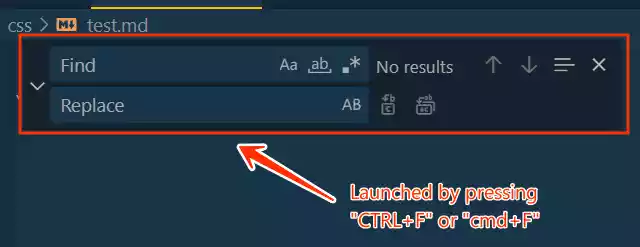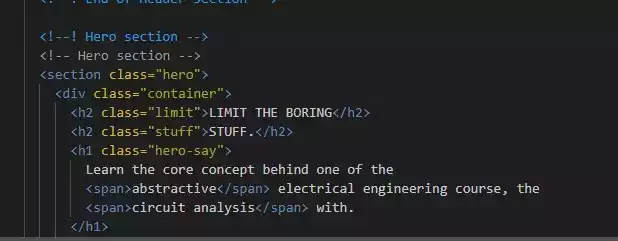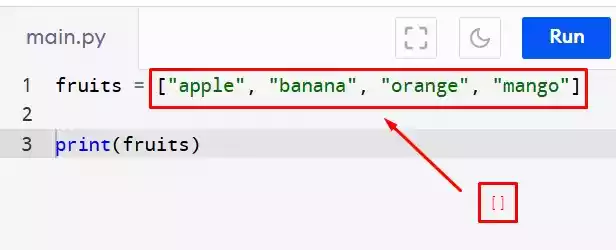Abstraction in Computer Science Explained (With Examples)
Abstraction is a fundamental concept in computer science that helps simplify complex systems, making them more manageable and easier to understand.
It allows programmers to focus on essential aspects while hiding intricate details.
In this article, we will explore the concept of abstraction in computer science, its importance, how it works, and provide real-world examples to illustrate its practical applications.
Table of Contents
What Is Abstraction in Computer Science?
Abstraction, in the context of computer science, involves creating simplified models or representations of complex systems.
It aims to capture the essential functionalities and characteristics while hiding unnecessary details.
Just like a summary or a high-level overview, abstraction provides a way to grasp the fundamental concepts without getting overwhelmed by intricacies.
Why Is Abstraction Important?
Abstraction plays an important role in computer science for several reasons:
You can remember these reason with the acronym SM-REF – each letter denoting the first letter in each word.
- Simplification: By abstracting complex systems, we can focus on the core concepts and ignore unnecessary details. This simplifies the understanding and analysis of complex problems.
- Modularity: Abstraction enables the breaking down of a system into modular components. Each component has a specific responsibility, making it easier to understand and modify individual parts without affecting the entire system.
- Reusability: When we abstract systems into modular components, these components can be reused in different projects. This saves time and effort, promoting code efficiency and productivity.
- Encapsulation: Abstraction facilitates encapsulation, which is the bundling of data and related functionalities into a single unit. It provides a clear interface and hides the internal implementation, making it easier to use and maintain.
- Focus on Essential Concepts: Abstraction allows programmers to concentrate on essential concepts and problem-solving strategies, rather than getting bogged down by low-level details.
How Does Abstraction Work?
Abstraction works by creating simplified representations of complex systems. These representations capture the key functionalities and hide unnecessary details.
It allows us to interact with the system at a higher level of abstraction, using well-defined interfaces and operations.
For example, when designing a car simulation in a video game, we create an abstraction called “Car” that encapsulates the behaviors and characteristics of a car, such as accelerating, braking, and steering.
We can interact with the “Car” object without needing to know the intricate details of the physics engine or the underlying algorithms.
Examples of Abstraction
Abstraction is prevalent in various aspects of computer science. Here are a few examples:
- Graphical User Interfaces (GUI): GUIs provide an abstraction layer that simplifies user interaction with complex software applications.
Users can interact with buttons, menus, and icons without needing to understand the underlying code. - Operating Systems: Operating systems abstract the hardware components and provide a simplified interface for software applications.
They handle resource management, process scheduling, and device drivers, shielding the application developers from low-level hardware details. - Programming Languages: Programming languages offer abstractions that simplify the process of writing code.
They provide higher-level constructs and syntax, allowing developers to express their ideas and solve problems without worrying about low-level machine instructions. - Database Systems: Database systems abstract the complexities of data storage and retrieval. They provide query languages, such as SQL, that allow users to interact with databases using simple and intuitive commands.
- Networking Protocols: Networking protocols, such as TCP/IP, abstract the complexities of transmitting data over networks.
They handle packet routing, error detection, and data fragmentation, providing a reliable and simplified communication interface.
These examples highlight how abstraction simplifies complex systems, making them accessible and easier to work with.
Wrap Up
Abstraction is a powerful concept in computer science that simplifies complex systems, promotes code efficiency, and enhances the overall development process. By creating simplified models, programmers can focus on essential aspects while ignoring unnecessary details.
Abstraction is a fundamental skill for aspiring programmers and computer scientists, enabling them to design and develop robust and scalable solutions.
Comprehending what abstraction is all about allows us to tackle complex problems with clarity and efficiency, making it an essential concept in the field of computer science.
FAQs about Abstraction in Computer Science
- Why is abstraction important in computer science? Abstraction is important in computer science because it simplifies complex systems, promotes code reusability, enhances modularity, and allows developers to focus on essential concepts.
- How does abstraction improve code quality? Abstraction improves code quality by simplifying the understanding of complex systems, promoting modular and reusable code, and allowing for easier maintenance and updates.
- What are some real-world examples of abstraction in computer science? Real-world examples of abstraction in computer science include graphical user interfaces, operating systems, programming languages, database systems, and networking protocols.
- Can beginners understand abstraction in computer science? Yes, beginners can understand abstraction in computer science by thinking of it as a way to simplify complex systems and focus on the important parts while hiding the unnecessary details.
- How can abstraction be applied in programming? Abstraction can be applied in programming by creating modular components, using well-defined interfaces, and encapsulating functionalities. It allows for easier code maintenance, reusability, and scalability.
- What is the difference between abstraction and encapsulation? Abstraction and encapsulation are related concepts. Abstraction focuses on simplifying complex systems, while encapsulation bundles data and related behaviors into a single unit. Encapsulation is a means to achieve abstraction.





